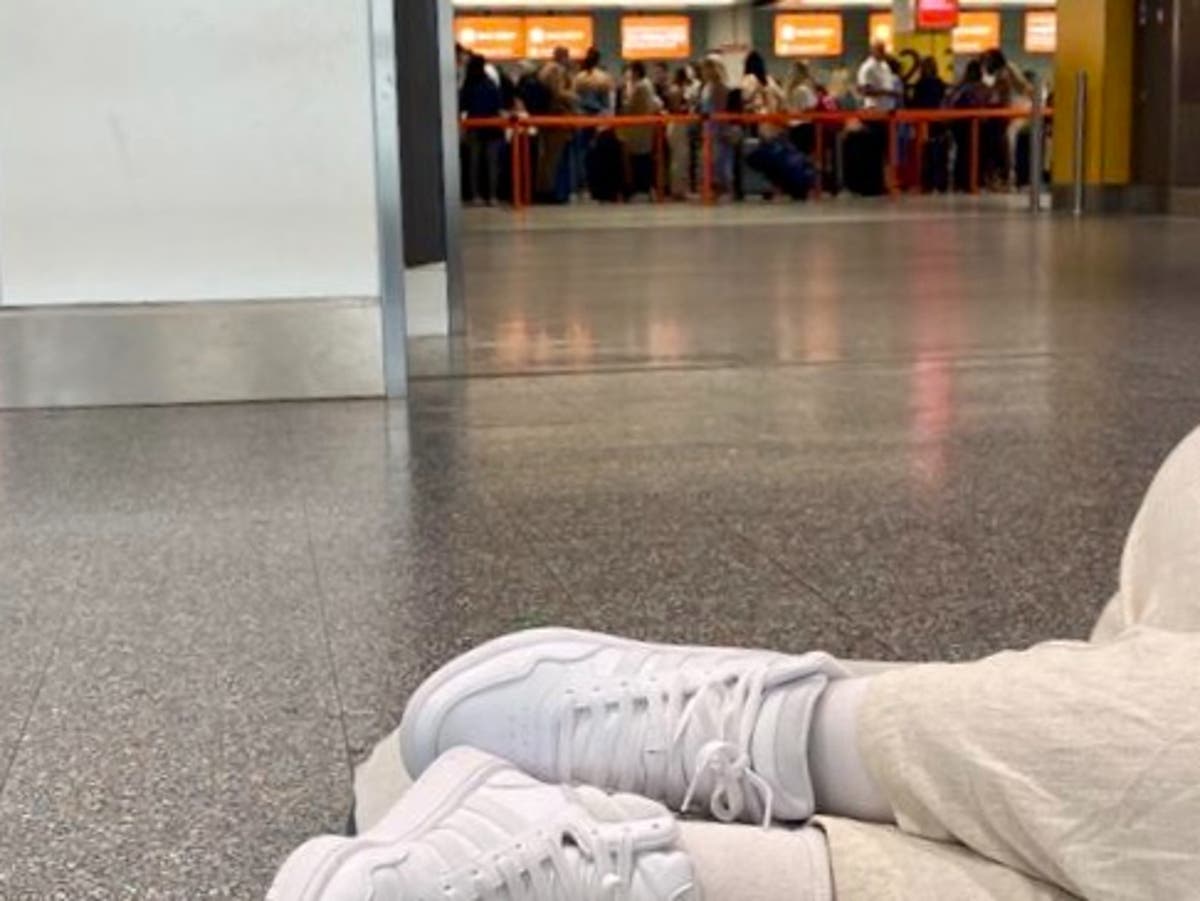This website uses cookies so that we can provide you with the best user experience possible. Cookie information is stored in your browser and performs functions such as recognising you when you return to our website and helping our team to understand which sections of the website you find most interesting and useful.

Simon Calder, also known as The Man Who Pays His Way, has been writing about travel for The Independent since 1994. In his weekly opinion column, he explores a key travel issue – and what it means for you.
“We can guarantee that we’ve done everything within our control to ensure that there’s resilience built within the system,” said Garry Wilson, chief executive of easyJet Holidays, this week.
Mr Wilson runs the package holiday division of Britain’s biggest budget airline, and is not directly responsible for how it runs. But talking to the BBC’s transport correspondent, Katy Austin, on Wednesday he was clear that disruption could still occur from sources “such as air-traffic control delays or airport infrastructure”.
The aim, said Mr Wilson: “To ensure that where there are interruptions to the normal service that we’ve got enough information that we can pass to customers.”
The Civil Aviation Authority joined in this laudable aim on Thursday. In an open letter to the nation’s airlines, the regulator said: “We want to ensure that passengers are able to access information about their rights as easily as possible in the event of disruption.”
“Ensure you have appropriate resources in place at airports and call centres to support passengers and provide any assistance required.”
Alice Hickson’s adventure at Gatwick didn’t quite reflect this good intentions. Booked with a group of friends to fly to Palma, the London student arrived at the airport last Sunday evening at 7.30pm for a 9.55pm flight. “On time” soon changed to a departure time of 11.06pm: annoying, but typical of the way delays can build up during the day.
Eleven minutes before that promised departure, passengers started getting text messages saying the flight had been delayed overnight.
“On the easyJet app, there was some guidance for if your flight had been delayed. It said that the airline will find a hotel for you, and that we’d receive all live updates,” says Ms Hickson.
“For this reason, we didn’t make any effort to seek alternative arrangements because we thought the airline would have it under control, and would probably have better authority in obtaining hotel rooms. We stayed put in the departure lounge, and a few water bottles were handed out.
“Finally, at 1.18am, we had another text from easyJet saying that they were unable to find any hotel rooms in the area, and that we should make all our own arrangements, which they’d refund us for.
“By this time, trains had stopped running, we didn’t have a car to go home, and every single hotel in the area was fully booked, or didn’t accept bookings after midnight. Moreover, there were at least 100 people waiting for taxis, the majority of which had already been booked, so this was hopeless.
“We felt stranded, no shops open, no food, phones running out of charge, nowhere to go.
“It felt desolate and abandoned and like all of us had been discarded.
“In no other public service would it be acceptable to sleep on the floor in a public place. We couldn’t work out why we’d been informed so late, past any time that other plans could have been made.
“Luckily I can sleep on an airport floor but other passengers with disabilities, or the elderly, could never have done this. Their communication was rubbish and the whole situation was unfair.
“I heard through word of mouth that we should get at least £150 as compensation for the changed flight, but I can’t verify this, I just hope it’s true.”
In fact, easyJet is obliged to pay £220 in cash compensation to each of the passengers on the Palma flight, unless it can demonstrate “extraordinary circumstances” were responsible for the extreme delay.
The airline has actually benefited from the fact that Ms Hickson and her friends slept on the floor at Gatwick airport – it saved easyJet a fortune in paying for hotel rooms and the transport to get the passengers there. (One of the many flaws in air passengers’ rights rules is the financial benefit to airlines from not carrying out the duty of care.)
Stuff goes wrong in aviation all the time, especially when everything is at full stretch in summer.
Yet such episodes are corrosive: not just of the airline’s brand, but of the wider travel industry. We will all battle through this summer and almost all get where we need to be.
But by the autumn, prospective travellers may not want to discover what “resilience built within the system” actually means.



 Africana55 Radio
Africana55 Radio 
